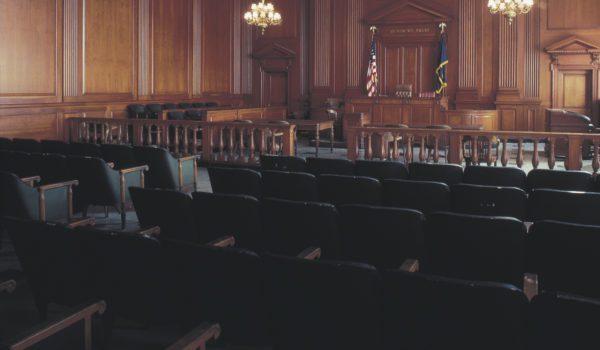For more than a century, Delaware has been the 800-pound gorilla of corporate law. Two million business entities are incorporated in Delaware, including the majority of the New York Stock Exchange and 70 percent of the Fortune 500. Delaware has a huge body of case law, a dedicated business court, and a pro-business mindset.
Pro-business, however, is not the same as pro-management. While Delaware courts are generally deferential to the business judgment of corporate boards, they are less tolerant of conflicts of interest and breaches of the insiders’ fiduciary duties to shareholders. Poor claims fare poorly in Delaware, as they should. But meritorious claims fare better in Delaware than in many other jurisdictions, with a knowledgeable judge subjecting potential misconduct to granular scrutiny. This is the yin and the yang of Delaware corporate law—the carrot and the stick.
Thus, it is not surprising that Delaware courts brought good news and bad news to corporate boards in 2021. In September, the Delaware Supreme Court raised the bar for investor plaintiffs seeking to bring derivative litigation against a company’s officers and directors. Under Delaware law, a lawsuit alleging injury to a corporation belongs to the corporation itself, i.e., the board of directors. If a shareholder seeks to usurp the board and bring a derivative claim on behalf of the company, he must make a demand on the board to pursue the claims, or alternatively, establish that making such a demand would have been futile because the directors are conflicted or face personal liability for their part in the alleged wrongdoing.
In United Food and Commercial Workers Union and Participating Food Industry Employers Tri-State Pension Fund v. Zuckerberg, 262 A.3d 1034 (Del. 2021), the court articulated the following test, to be applied on a director-by-director basis, to determine whether demand is futile: (i) the director received a material personal benefit from the alleged misconduct; (ii) the director would face a substantial likelihood of liability on the claims that are the subject of the demand; or (iii) the director lacks independence from another person who received a material personal benefit or would face a substantial likelihood of liability.
If the foregoing test is satisfied for at least half of the board, demand is excused as futile. This seems like a mere procedural question, but it is the core issue in many derivative lawsuits. If demand is not excused, the lawsuit is barred. By contrast, if demand is excused, the court has already concluded that at least half of the board is compromised, giving considerable leverage to the plaintiff. Recognizing the importance of the court’s decision on demand, the Delaware Supreme Court emphasized that “the demand requirement is not excused lightly.”
And yet, on multiple occasions in the last two years, Delaware courts have permitted derivative lawsuits to go forward against corporate boards who did not engage in fraud or self-dealing, but simply failed to conduct sufficient oversight. Such claims are known as “Caremark” claims, named after a pioneering 1996 decision.
In 2019, the Delaware Supreme Court authorized a Caremark suit against the board of Blue Bell Creamery after a listeria outbreak shut down the company’s operations. The court excused demand because the entire board was potentially liable for its alleged failure to oversee then company’s safety problems.
Since 2019, the Chancery Court has permitted at least four more Caremark claims to proceed. The latest opinion is perhaps the most disturbing. In the case of In re Boeing Company Derivative Litigation, 2021 WL 4059934 (Del. Ch. Sept. 7, 2021), the Chancery Court authorized a derivative suit against the board of directors of Boeing, finding that the board failed to engage in “rigorous oversight” of the safety problems with the company’s 737 MAX aircraft.
This “rigorous oversight” standard is an exercise in hindsight that is unfair to board members, inconsistent with the business-judgment rule and the general deference to board decisions mandated by Delaware law, and a far cry from the court’s own recital that a Caremark claim is “possibly the most difficult theory in corporation law upon which a plaintiff might hope to win a judgment.”
Delaware courts tend to be self-correcting, eventually sanding off any excesses. At some point, they will limit Caremark claims again, promulgating new tests and guardrails. In the meantime, corporate boards should be mindful of the increased risk of Caremark claims. Active engagement on all “mission critical” issues is essential—not only bread-and-butter financial and operational issues, but also important regulatory matters, safety concerns, cybersecurity breaches, COVID-related matters, and ESG issues.
Board members also need well-drafted indemnity and exculpation agreements and solid Directors and Officers insurance coverage. While these precautions were always necessary, in the current litigation environment, they are critical.
*This article originally appeared in the February 2022 edition of Headnotes, a publication of the Dallas Bar Association.

